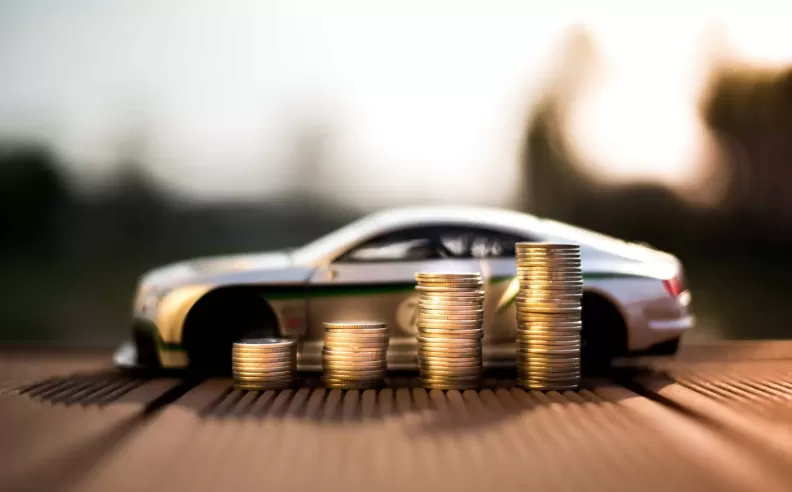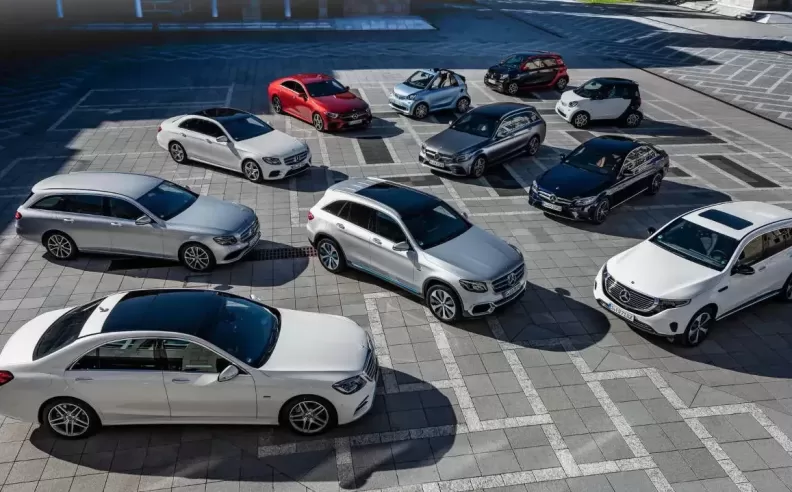
Every car owner will eventually face the reality of depreciation. From the moment a car leaves the showroom, it starts losing value, and that process moves faster than most people expect. On average, a brand new vehicle loses over 20 percent of its value in the first year alone, and by the fifth year, it might have lost up to 60 percent. But why does this happen, and more importantly, can you do something about it? This article explores both the causes and the solutions, helping drivers across Saudi Arabia make smarter car decisions.

Depreciation is not just about time, it is about the car itself. The brand, model, mileage, and condition all play a part in how quickly a car loses value. Take the Jeep Wrangler, for example. It holds on to about 90.8 percent of its value even years later, making it one of the best in class for resale. On the other end of the spectrum, the Nissan Leaf can lose more than 65 percent of its original value in the same timeframe. This makes the choice of car crucial from the start.
Mileage matters too. If you are clocking over 13,500 kilometers a year, your car is likely to depreciate faster than one that is gently driven. Even small things like scratches, poor maintenance, or a worn-out interior can drag your resale price down significantly. That is why taking care of your vehicle pays off in the long run. Regular servicing and keeping the car clean and original can help preserve both performance and value.
While you cannot escape depreciation completely, you can definitely control how hard it hits. First, go for cars known for holding value. SUVs and trucks generally do better than luxury sedans or hybrids. Also, keep the color safe: white, black, and silver are favorites in the resale market across the Gulf.
Second, keep your car in top shape. Stick to certified service centers, avoid modifications, and maintain all your records. Even the smallest details help create a stronger resale pitch. And timing matters too. Sell your convertible in summer or your SUV in winter when demand peaks.
Lastly, reduce the kilometers. Carpool when possible, take public transport, or avoid unnecessary long drives. Less mileage means better resale, and smarter financial returns. Whether you are planning to keep your car for years or just a few seasons, understanding depreciation gives you the upper hand.

Started my career in Automotive Journalism in 2015. Even though I'm a pharmacist, hanging around cars all the time has created a passion for the automotive industry since day 1.

